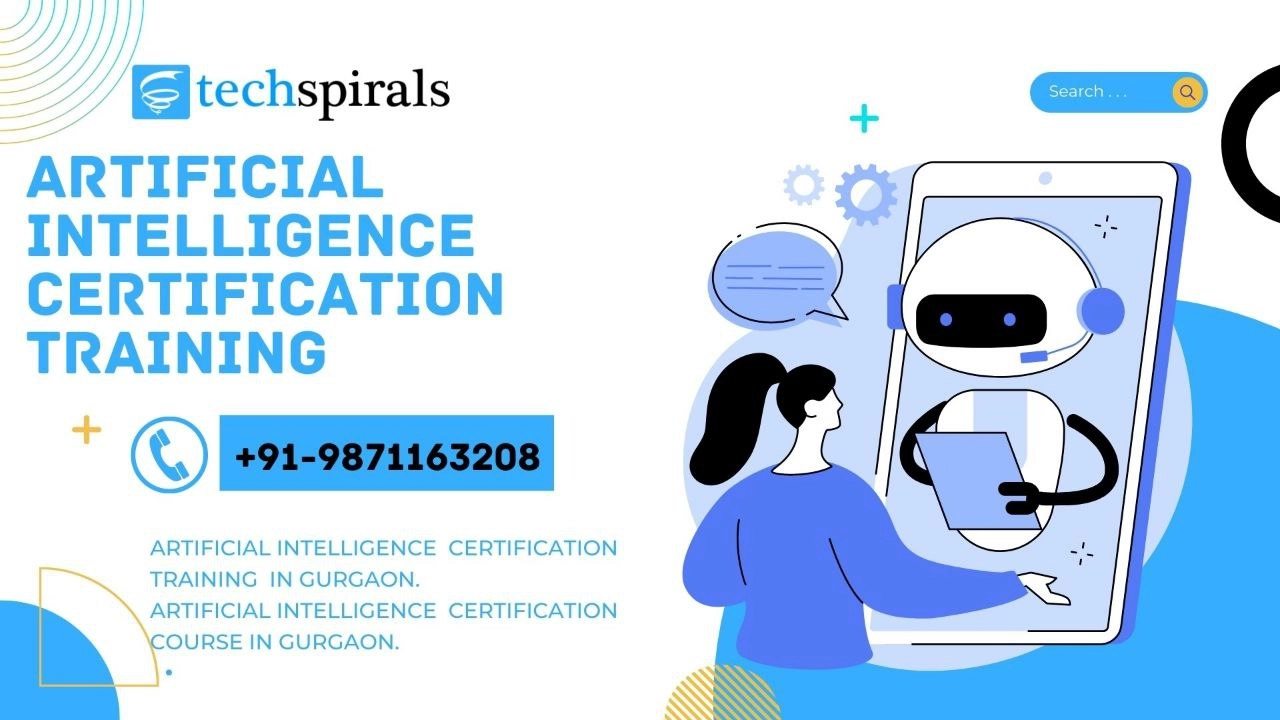Introduction to the Basics of Azure
Artificial intelligence (AI) focuses on building robots that are capable of doing activities that would typically require human intellect, such as speech recognition, visual perception, decision-making, and language translation. An introduction of AI and its different applications is given in the course Introduction to the Basics of Artificial Intelligence. Participants will gain knowledge about the origins and advancements of AI, the many categories of AI systems, and the ethical and societal ramifications of AI. The fundamentals of machine learning, including supervised and unsupervised learning, will also be covered in this course, along with practical experience with AI algorithms. Overall, the course aims to provide students a thorough introduction to the area of artificial intelligence and give them the tools they need to keep studying and researching AI.
Skills you will learn
- Understanding of the basics of Artificial Intelligence, including its history, development, and various applications.
- Knowledge of AI systems, including supervised and unsupervised learning algorithms and neural networks.
- Hands-on experience with programming languages like Python and libraries such as TensorFlow, PyTorch, and Pandas.
- Understanding of ethical and societal implications of AI, including privacy, security, and algorithmic bias.
- Ability to analyze and visualize data using machine learning techniques.
- Ability to build and deploy simple AI models.
- Understanding of the basics of Natural Language Processing (NLP) and computer vision.
- Knowledge of the basics of Reinforcement Learning and its applications.
Syllabus
Overview of Artificial Intelligence
- Definition and history of Artificial Intelligence
- Types of AI systems
- Applications of AI in various industries
II. Machine Learning Fundamentals
- Supervised and unsupervised learning algorithms
- Neural networks and deep learning
- Overfitting and regularisation
- Basic concepts of reinforcement learning
III. Programming for AI
- Introduction to Python programming language
- Hands-on experience with TensorFlow, PyTorch, and Pandas libraries
- Data visualisation using Matplotlib and Seaborn
IV. Natural Language Processing (NLP)
- Overview of NLP and its applications
- Text pre-processing techniques
- Sentiment analysis
- Topic modelling
V. Computer Vision
- Overview of computer vision
- Image pre-processing techniques
- Object detection and recognition
VI. Ethics and Society
- Ethical and societal implications of AI
- Privacy, security, and algorithmic bias
- AI regulations and standards
VII. Project Work
- Building and deploying simple AI models
- Group projects and presentations to reinforce learning
VIII. Conclusion and Future of AI
- Summary of key takeaways
- Future developments in the field of AI
- Career opportunities in AI.
Reason to join techspirals:
- Embrace the future:Stay on top of technical developments by keeping up with the newest equipment, methods, and approaches in your industry.
- Expand your horizons:Open up new opportunities: Investigate novel and fascinating fields, like cloud computing, artificial intelligence, and data science.
- Enhance your skills: Keep your knowledge and skills current to increase your marketability in the cutthroat job market of today.
- Network with peers: increase your business and personal network by connecting with like-minded individuals.
- Upskill with ease:To accommodate your schedule, take advantage of flexible learning alternatives including online courses, live events, and self-paced modules.
- Career advancement: exhibiting your abilities on your CV and earning industry-recognized certifications in fields like AWS, Azure, and deep learning.

